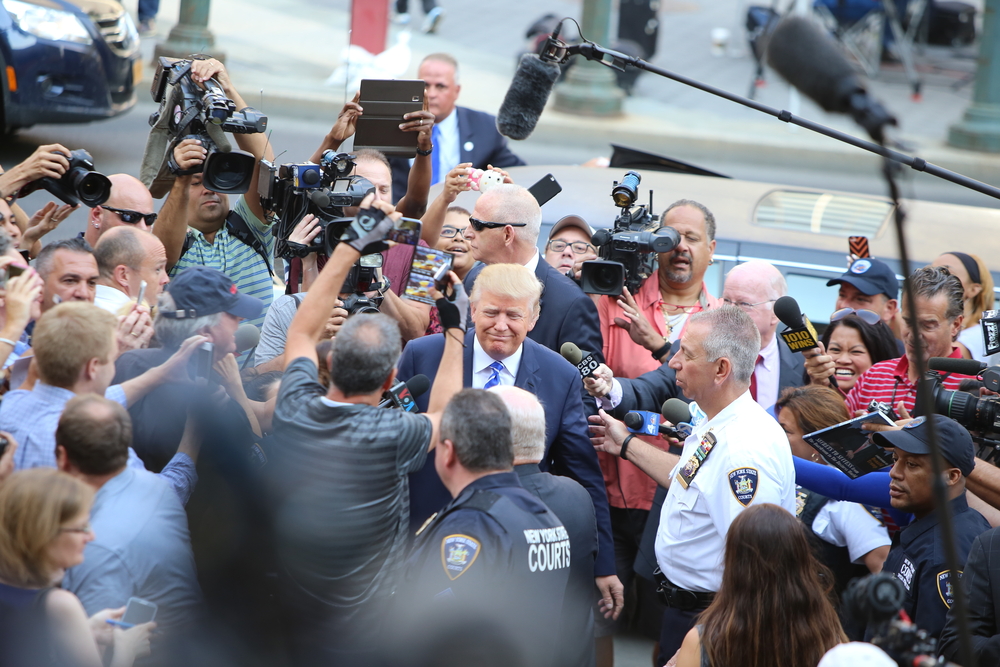
Court Says Trump Not Immune From Prosecution
A federal appeals court decided this week that former President Donald Trump is not immune from prosecution, setting up a likely clash in the U.S. Supreme Court on the subject in the near future. In rejecting Trump’s attorneys’ arguments, the court could open the door to the former president serving prison time as a result of at least one of the criminal cases currently against him.
The decision by the D.C. Circuit Court of Appeals rejected the Trump legal team’s argument that the former president’s actions after the 2020 election were not subject to prosecution. Special counsel Jack Smith rejected the argument, as did all three members of the circuit court.
The decision also supported U.S. District Judge Tanya Chutkan, who is overseeing the Smith case, in her argument that Trump could be prosecuted.
Following the decision, the Trump campaign said in a statement that if immunity is not conferred on a president, each president leaving office will be prosecuted by the other party.
“Without complete immunity, a President of the United States would not be able to properly function!” it read.
The statement further said that “Deranged Jack Smith’s” prosecution was “unconstitutional under the doctrine of Presidential Immunity and the Separation of Powers.”
Republicans quickly rallied to Trump’s defense after the announcement. Rep. Elise Stefanik (R-NY), a possible vice presidential pick, argued that the decision was politically motivated.
My statement on the D.C. Court of Appeals Presidential Immunity ruling:
"The U.S. Court of Appeals for the District of Columbia Circuit ruling that President Donald Trump does not have immunity from prosecution sets a dangerous precedent, violates our Constitution, and threatens…
— Elise Stefanik (@EliseStefanik) February 6, 2024
She wrote on social media that the decision “prosecution sets a dangerous precedent, violates our Constitution and threatens the very bedrock of our nation.”
She argued that Trump’s actions following the 2020 election and before the inauguration of President Joe Biden regarded “election integrity” “within his official duties as the President as he was investigating legitimate Constitutional questions about the election.”
She added that the appeals court decision “means that future presidents who leave office will likely face politicized prosecutions by the opposing party.” Stefanik further sought the U.S. Supreme Court’s efforts to overturn the decision.







